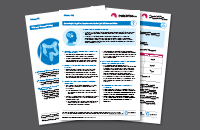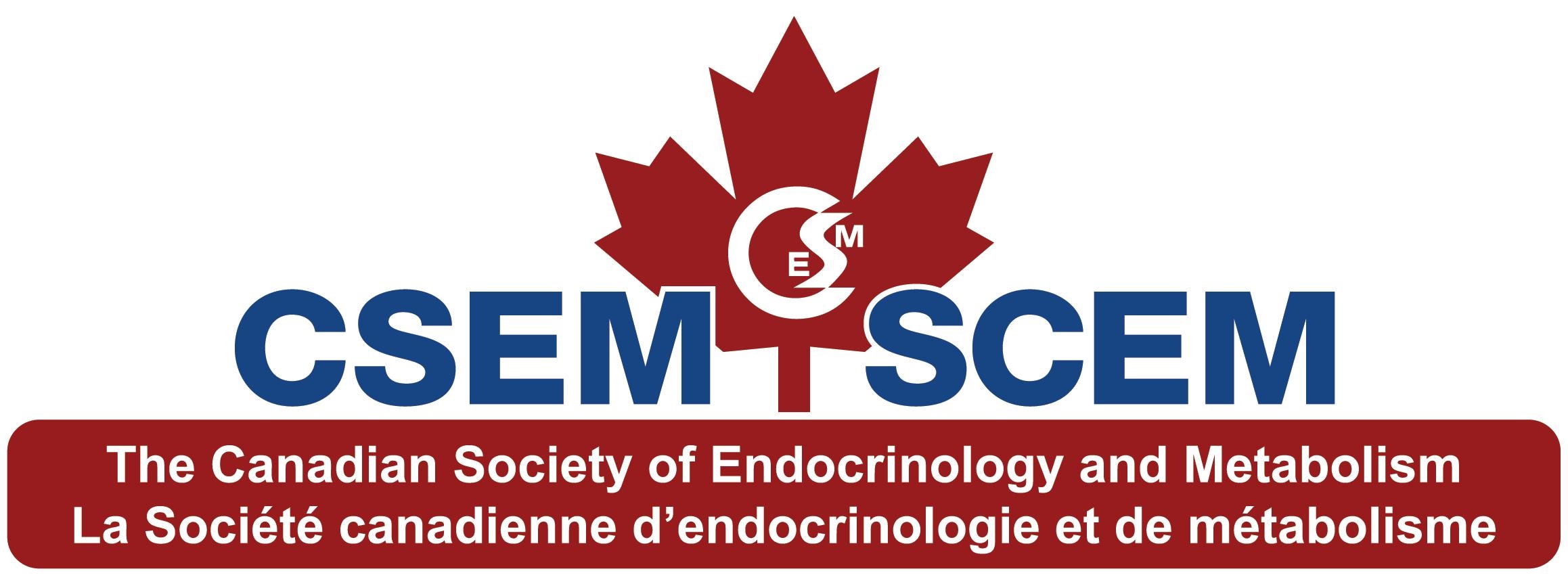 Full Guidelines
Full Guidelines
Click here to view article

 Tools
Tools


 Additional Documents
Additional Documents
Click here to see additional documents

 Endorsements
Endorsements
This Clinical Practice Guideline has been endorsed by the College of Family Physicians of Canada (CFPC).
This Clinical Practice Guideline has been endorsed by the Nurse Practitioners’ Association of Canada (NPAC).
This Clinical Practice Guideline has been endorsed by the Canadian Society of Endocrinology and Metabolism (CSEM).

 Calculate by QxMD
Calculate by QxMD
This guideline and KT tool(s) are available on QxMD. Click here to download the app.
Summary of recommendations for clinicians and policy-makers
The Task Force recommends against screening* asymptomatic nonpregnant adults aged 18 years and older for thyroid dysfunction in primary care settings (strong recommendation, low-certainty evidence).
This recommendation does not apply to adults who have the following risk factors for thyroid dysfunction: individuals who have had a previously diagnosed thyroid disease or surgery, individuals receiving thyroid medications or medications that may affect thyroid function (i.e., lithium, amiodarone), individuals with previous or ongoing exposure to thyroid radioiodine therapy or head and neck radiotherapy, or individuals with pituitary or hypothalamic diseases.
*Screening refers to measuring levels of thyroid-stimulating hormone (TSH) in patients with no apparent signs and symptoms of thyroid dysfunction.
A systematic review suggests that the effectiveness of treating asymptomatic adults for screen-detected hypothyroidism results in little to no difference in clinical outcomes. No studies on treating screen-detected hyperthyroidism were found. Similarly, no studies were found on screening for thyroid dysfunction. Screening for thyroid dysfunction in asymptomatic nonpregnant adults is not likely to confer clinical benefit but could lead to unnecessary treatment for some patients and consume resources.
While the Task Force recommends against routinely screening for thyroid dysfunction in this population, clinicians should remain alert to signs and symptoms (e.g., unusual fatigue, unexpected weight loss or gain, menstrual irregularities, goiter, etc.) or risk factors (e.g., pituitary or hypothalamic diseases) suggestive of thyroid dysfunction and investigate accordingly.
The Task Force will continue to carefully monitor the scientific developments in the screening and treatment of asymptomatic thyroid dysfunction in adults.
Additional Documents
ECRI Evaluation Scores
ECRI Guidelines Trust scores guidelines based on their adherence to the National Academy of Medicine Standards for Trustworthy Guidelines. Find the ECRI evaluation scores for this guideline here.






